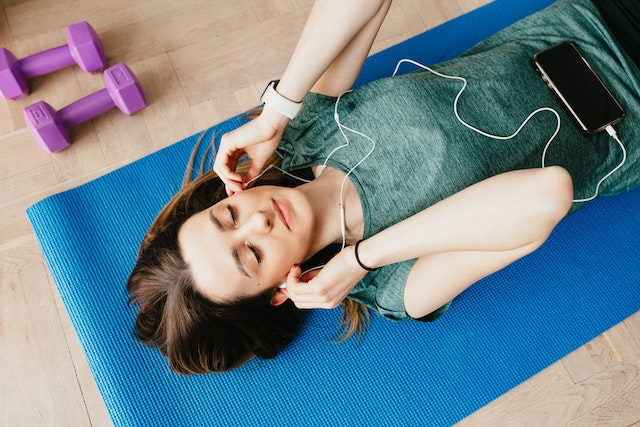Mindfulness isn’t just a practice, but a way of living that enhances every moment. It involves engaging deeply with the present, fostering a serene mental environment no matter where you are or what you’re doing. By integrating mindfulness into daily routines, you cultivate a life filled with greater awareness and less stress, and in this article presented by Motivation Thoughts, we’ll talk about how you can do just that.
Keep a Gratitude Journal to Stay Present
Consider beginning a gratitude journal to document daily moments of thankfulness. This practice centers your attention on life’s abundant gifts, rather than what’s missing, fostering a positive and receptive mindset. By cherishing small delights, you enhance your appreciation for the present, which can boost happiness and lessen stress. Over time, this habit deepens your engagement with the world and nurtures lasting contentment.
Begin Your Day with Intention
Start each morning by setting a clear intention, envisioning it as a guide for your day’s journey. Choose priorities that enhance your well-being, like fostering patience or focusing diligently. This mindful approach not only sharpens your focus but also lessens feelings of disarray. Aligning your daily actions with meaningful goals enhances your connection to each moment.
Check In With Yourself
Begin each day with a few moments of deep breathing and body awareness to check in with yourself. Notice any physical sensations or emotions, approaching them without judgment. This morning ritual sets a mindful tone, helping you assess and prepare for the day’s demands. A simple check-in each morning fosters ongoing mindfulness and prepares you to face the day with awareness.
Create a Calm, Mindful Workspace
Shape your workspace into a sanctuary of focus and peace by keeping it organized and free from clutter. Implement soothing elements like a desk plant or soft lighting to foster a tranquil atmosphere. A tidy and calming work environment aids concentration and promotes a present, mindful state as you work. These simple adjustments ensure your workspace contributes to clarity and productivity.
Take Short Mindful Breaks
Incorporate brief, mindful pauses into your busy schedule to maintain mental balance and prevent burnout. Just a few minutes of focused breathing or sensory awareness can reset your mind. Use these short breaks to reconnect with the present or try something fun, enhancing your energy and focus for subsequent tasks. Regular pauses are vital in recharging your mental clarity and sustaining productivity.
Savor the Act of Eating
Transform mealtime into a practice of mindfulness by engaging fully with the experience of eating. Concentrate on the flavors, textures, and aromas of your food, eating slowly to savor each bite. Mindful eating enhances meal enjoyment, aids digestion, and helps regulate appetite. Tuning into your body’s cues promotes a healthier relationship with food and mindfulness in everyday activities.
Anchor Yourself to the Present
Utilize daily routines, such as walking or commuting, as opportunities for mindfulness by observing sensory details. Notice the colors, sounds, and sensations around you, grounding yourself in the moment. This awareness prevents your mind from drifting to worries and deepens appreciation for your environment. Engaging your senses in ordinary activities fosters a deeper connection to the present.
Cultivate Deep Listening in Conversations
Practice mindful listening by giving your complete attention to the speaker, observing their words and expressions without distraction. Avoid the impulse to plan your response or multitask, focusing solely on the conversation. This approach not only strengthens relationships but also promotes empathy and understanding. Mindful listening enhances your interactions, making them more genuine and thoughtful.
Embracing mindfulness daily allows you to navigate life’s complexities with a calm and focused demeanor. Through consistent effort, mindfulness becomes not just an action but a fundamental part of who you are. Ultimately, this journey enriches your interactions with the world, grounding you in a sense of deep, enduring presence.
Have a question or comment about what you’ve read at Motivation Thoughts? Get in touch today using the contact form.











Comments